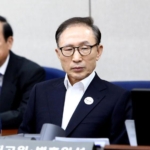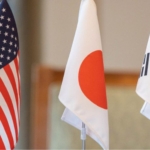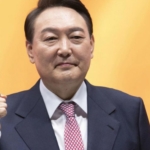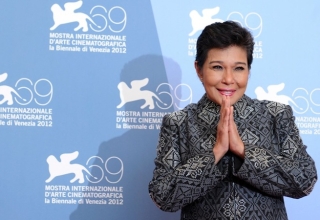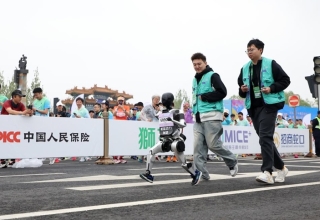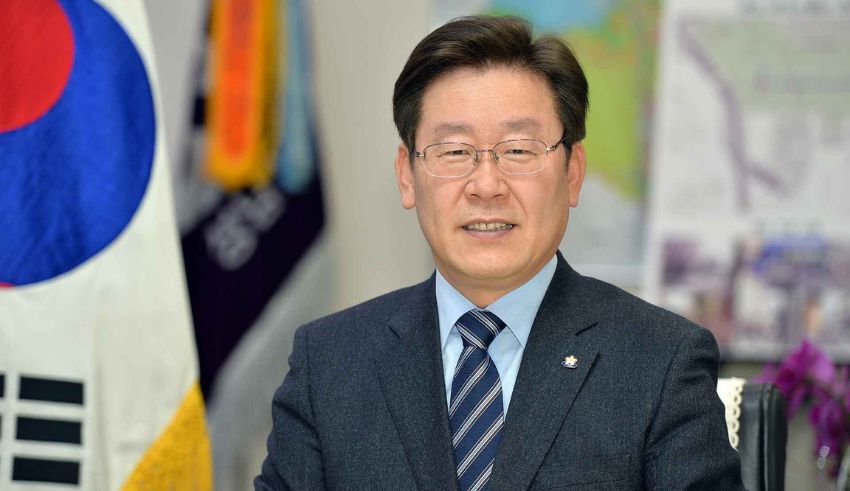
As prosecutors take the daring step of requesting an arrest warrant for Lee Jae-myung, a prominent member of the Democratic Party and a significant opposition figure, South Korea finds itself enmeshed in an intense political drama. Amidst heightened political tensions, Lee’s protracted hunger strike, and accusations of corruption, this development is taking place.
Lee Jae-myung’s Crimes
The choice to ask for Lee’s arrest adds even another level of nuance to the current political conversation in South Korea. The accusations made against Lee, such as bribery and breach of trust, have a long history; some date back to his time as governor of Gyeonggi Province and the mayor of Seongnam. Prosecutors contend that he extended illegal favors to a private investor and made an audacious attempt to transfer a substantial $8 million to North Korea during his governorship.
However, the timing of the arrest warrant request couldn’t be more contentious. Lee Jae-myung initiated a hunger strike on August 31, adopting a tactic reminiscent of South Korea’s tumultuous history and often associated with periods of military dictatorship. His bold hunger strike serves as a poignant protest against President Yoon Suk Yeol’s foreign and domestic policies, which Lee characterizes as contributing to a troubling “erosion of democracy” within South Korea.
Lee’s political career took a turn after Yoon Suk Yeol came dangerously close to beating him in the 2022 presidential election. Lee has been the focus of multiple criminal investigations since that crucial moment, all of which he adamantly denies.
Yet, against previous expectations, Lee has expressed a growing willingness to confront potential arrest. Within his party, calls for him to end his hunger strike have intensified as concerns mount over his deteriorating health. Kim Gi-hyeon, leader of President Yoon’s People Power Party, has publicly implored Lee to cease his fasting and opt for dialogue within the legislative framework to address his grievances.
Lee Jae-myung’s case has further deepened the political schism in South Korean society. His party castigates President Yoon for the escalation of consumer prices, condemns his approach to bettering relations with Japan, and accuses him of turning a blind eye to the public health concerns surrounding Japan’s release of treated radioactive wastewater.
Keep Reading
The Hunger Strike and the Aftermath
South Korea finds itself at a profound juncture as President Yoon, currently attending the UN General Assembly in New York, maintains a reticent stance regarding Lee’s hunger strike and the fervent appeal for an arrest warrant. In this shifting political landscape, Yoon charts a course that veers sharply away from his predecessor’s diplomatic overtures and North Korean reconciliation, weathering a tempest of criticism and plummeting approval ratings.
Amidst this tumultuous political symphony, President Yoon Suk Yeol has crescendoed his verbal arias, likening his progressive adversaries to “subversive constellations” and accusing them of a celestial dance with North Korea’s stars. This lyrical duet, though, only adds further complexity to South Korea’s allegorical tapestry, weaving deeper divisions among its citizens.
In this enigmatic narrative, the stability of South Korea’s democratic fortresses and the fate of Lee Jae-myung, a key protagonist in the opposition’s epic, remain shrouded in the mists of uncertainty, where each political breeze whispers secrets, and every decision resonates in the hearts of a nation seeking harmony in its poetic yet turbulent verses.
